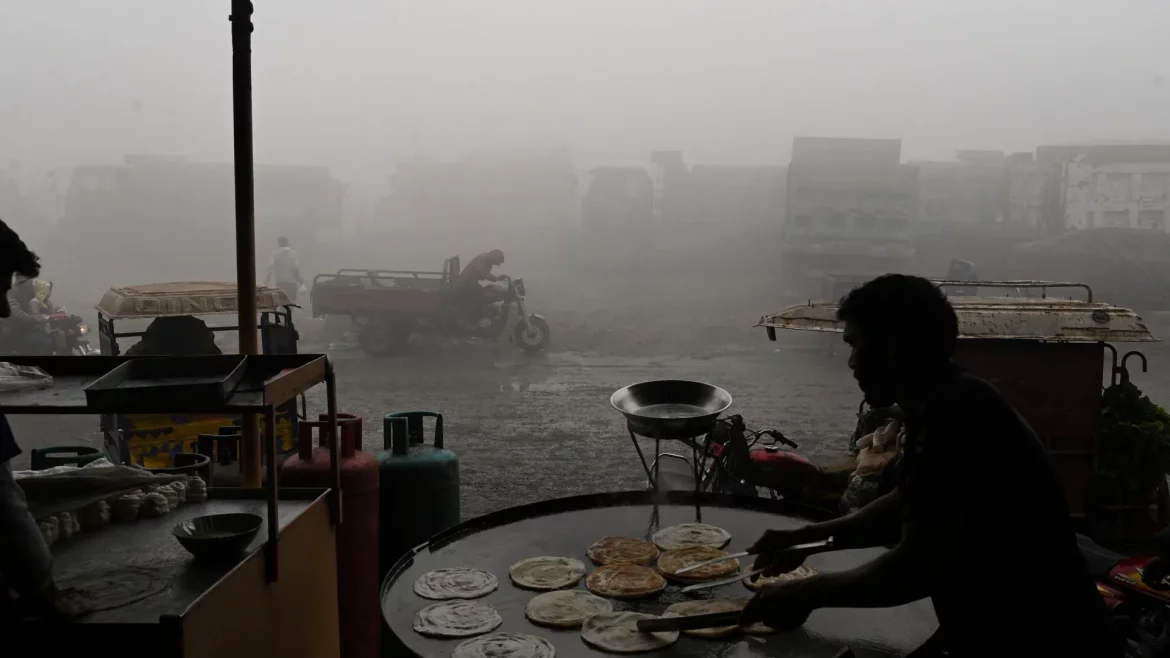Latest reports suggest that Pakistan has deployed the use of Artificial rain in an attempt to lower pollution levels in Lahore.
According to available reports, the capital city of the eastern province of Punjab, which is near the Indian border, has some of the worst air quality in the world and has become extremely polluted because of a growing population of more than 13 million people.
Recall that by early December, the air quality in the city had grown so bad that schools, markets and parks were closed for four days. By last weekend, the city’s air quality index (AQI) had reached levels considered extremely hazardous to health.
To try to reduce them, on Saturday the Punjab government used cloud seeding to create rain in 10 locations around the city using a small Cessna plane. To create the clouds, there needs to be enough moisture already present in the clouds in the lower atmosphere.
In summer, common table salt mixed with water is sprayed over the cloud patches from planes. After a few hours, the mist integrates with the clouds and produces rain. In winter, the clouds are seeded using flakes of silver iodide, which can be fired from a vehicle or a plane.
The practice, also known as “blueskying”, has been used to induce precipitation in several countries in the Middle East, as well as China and India.
Bilal Afzal, who is the provincial caretaker minister for the environment, said that the cloud seeding had been a success, but admitted rainfall was “scanty” as the cloud quality was not very good. Nevertheless, Lahore’s air quality improved with just a few millimetres of rain, dropping from an AQI of more than 300 to 189, Afzal said. However, the benefits lasted only a couple of days before pollution returned to its previous level.
The exercise did not cause any significant disruption. “I just got a spatter on my car while driving home from the clinic around 3pm and thought it was bird droppings,” said Zaeema Naeem, a doctor in Lahore.
Afzal said that the authorities planned to carry out cloud seeding regularly during the smog season. “If we can clean our air at the cost of fuel for one small plane, the exercise would be well worth it,” he said. It would, however, mean buying or renting a small plane. As for emissions from it, he said these would amount only to the equivalent of two or three cars running for about four hours.
However, climate experts warned the effects of the cloud seeding could be unpredictable. Malik Amin Aslam, a former environment minister, said that once rain was triggered it might be difficult to arrest it. “The stoppage of that rain burst is dictated by nature,” he said.
Story was adapted from the Guardian.
